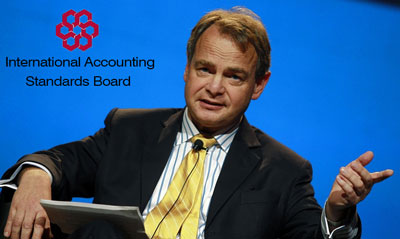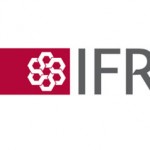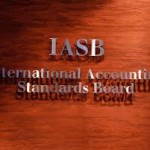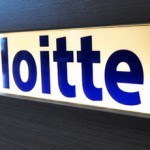Speech by Hans Hoogervorst: ‘Bad accounting breeds bad policies’

Speaking today at the NAPF Investment Conference in Edinburgh, Scotland, Hans Hoogervorst, Chairman of the International Accounting Standards Board (IASB), said everybody is best served by accounting that reflects the economic reality, even if it makes for uncomfortable reading.
International Financial Reporting Standards (IFRS) require companies to provide up-to-date and comparable information about their pension liabilities. While the information may not make for very pretty reading, it helps investors make informed decisions by bringing into the open the challenges companies face in underwriting these liabilities.
Mr Hoogervorst said long-term investors should not be deterred by temporary market fluctuations and investment fads but noted it is very hard to distinguish short-term fluctuations from long-term trends, referring to the likely longevity of current monetary policies.
Mr Hoogervorst commented:
“As long as Europe is threatened by huge mountains of public and private debt, unconventional monetary policies are probably here to stay. Most central banks are fully aware that low interest rates are detrimental to the business model of insurance companies and pension funds. However, I’m afraid they just see it as inevitable collateral damage in the efforts to keep the debt burden manageable.
It is hard to distinguish between what is a short-term blip from something that is the beginning of a long-term trend. That is why, in accounting, providing current information—and not just historic cost—can be so important. Both investors and managers are best served by accounting standards that reflect the economic reality, not by standards that create fake stability by smoothing out problems over the years.”
The IASB has recently amended its pensions accounting Standard, IAS 19 Employee Benefits, removing the so-called ‘corridor method’ of deferring the recognition of actuarial gains and losses. As a result, the balance sheet pension asset or liability now represents the actual funding position. This provides transparency to investors and helps management to deal with issues in a more timely manner. A requirement to report remeasurements of the net pension asset or liability in Other Comprehensive Income (OCI) was also introduced, providing useful information to investors without swings in the status of pension funding ending up dominating the Profit or Loss and Earnings Per Share numbers.
Emergence of the hybrids
Pension schemes are being transformed in a very rapid fashion, with many companies around the world moving to so-called ‘hybrid’ pension schemes. From an accounting perspective, these ‘hybrid’ schemes do not fit neatly into the binary categories of ‘defined contribution’ or ‘defined benefit’ in the current Standard that covers pensions. As a result, the IASB is conducting a research project to consider challenges that have arisen in practice, with the aim of developing an approach to pension accounting that works for all types of schemes. The standard setter will be consulting widely with stakeholders on the project.
Source: IFRS – Speech by Hans Hoogervorst: ‘Bad accounting breeds bad policies’



























